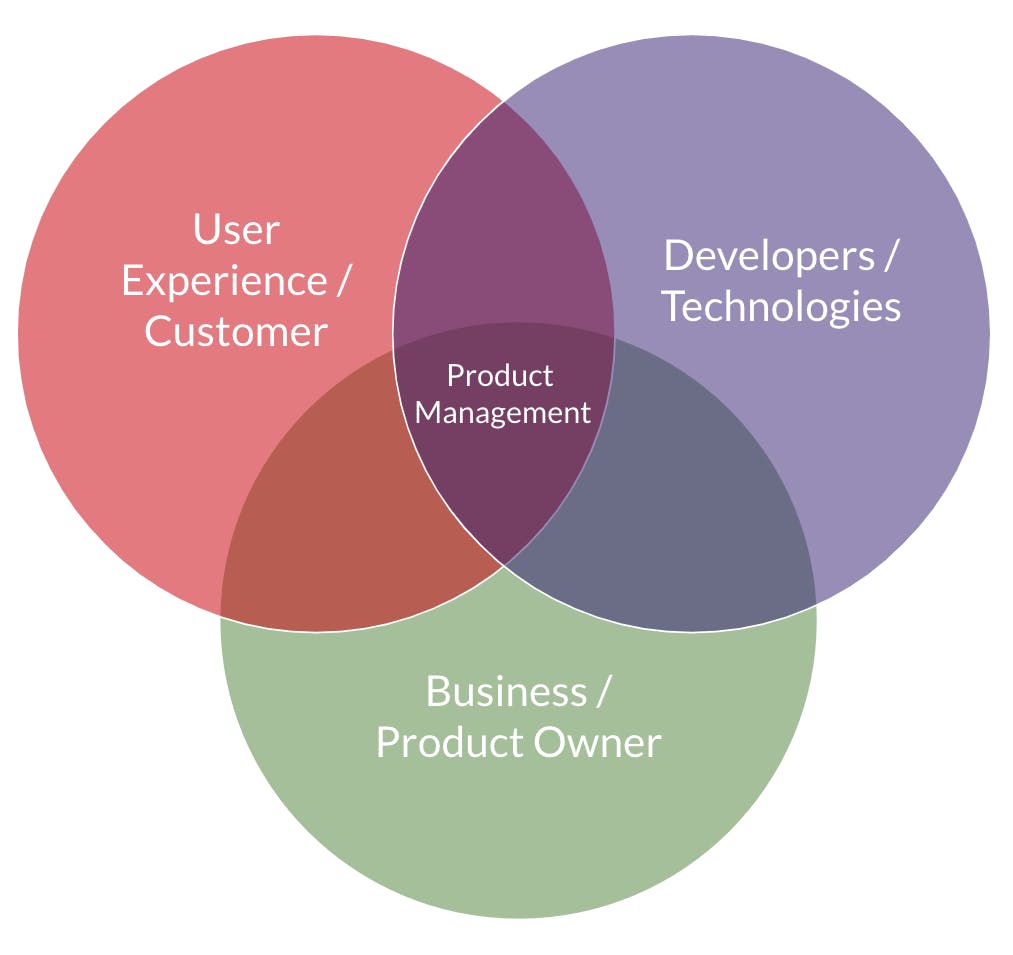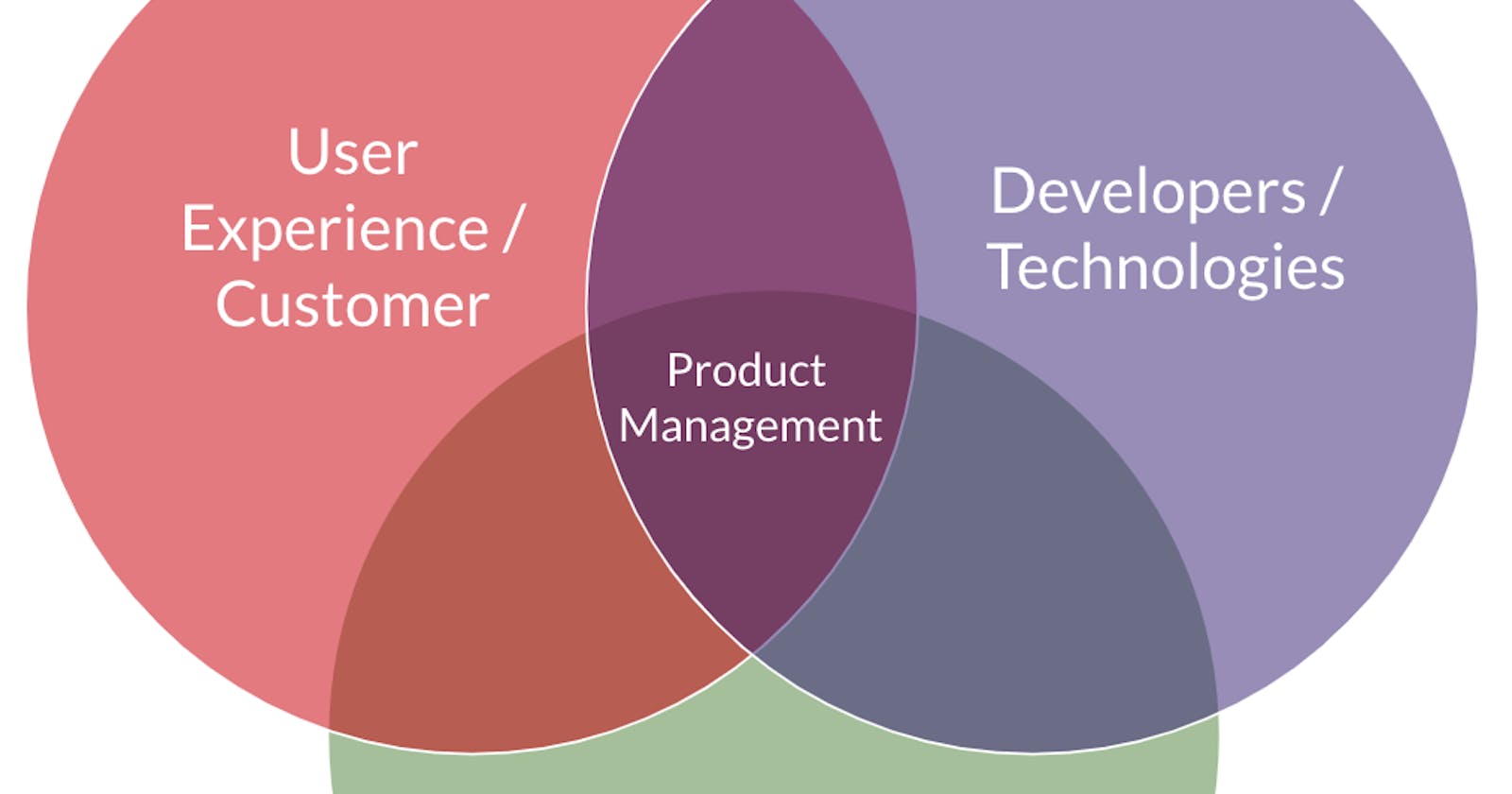Product Management is an interesting field in Technology today. This field determines the success of a product. This product can be anything[a real life product, a feature of an app, an app itself]. Product is an item or service use ton solve the need of people. A product can be digital or physical. In analyzing a good product you'd have to consider the following:
What is the product trying to do
How well does it do it[This explains the technical part of the product]
3.Does the design of the product facilitate or hinders the product. You can not talk product management without the product itself.
PRODUCT MANAGEMENT
You can be safe to say there is no particular definition to product management, however we can draft out something to explain what it is. Product management is a process of bringing a new product to market or developing an existing one. It also involves aligning business priorities and goals, creating a product strategy to reach those goals. Product management is not complete until there is a drive to deliver values. Product management is the business process of planning, developing, launching, and managing a product or service. It includes the entire lifecycle of a product, from ideation to development to go to market. Product managers are responsible for ensuring that a product meets the needs of its target market and contributes to the business strategy, while managing a product or products at all stages of the product lifecycle. [Wikipedia]

WHO IS A PRODUCT MANAGERS
At all times product managers are agile people, always on their toes, there remain active as to be able to prioritize and change strategy to support a wide range and number of activities. product manager is one who prioritize what to do for the company, focuses on the right thing at the right time
Marty Cagan, a Silicon Valley-based product executive with more than 20 years of experience, described a Product as Hard. He describes a Product manager as one who discovers a product that is valuable, usable and feasible. Melissa Perri defines a product manager as one who works with development team and UX designers to ideate and build the right solution for the customers.
IMPORTANCE OF PRODUCT MANAGEMENT
1. Understanding customers’ requirement
Product managers maintain interaction with existing customers and are also on the lookout for new ones, they usually get to know the pain points first and give the product development team the lead for a new product. Deeply involving with customer provides timely feedback from the customers to the development team about their existing product. This leads to an improvement in product features with increased customer satisfaction.
2. Developing an adequate business model
Product managers helps to create the right business model for getting a good return on investment throughout the product’s life cycle. They take feedback from the sales team and develop a good go-to market strategy with the right product positioning for ensuring success.
3. Creating a product roadmap
Knowing that products normally have a short shelf lives. A clear product roadmap is needed to remain relevant in the technology industry. Product management helps attain this objective as product managers help the management devise a clear blueprint in product space, which leads to carve-out of funds for research and development.
TYPES OF PRODUCT MANAGEMENT
There are 3 types of product managers, the difference between them is that they have different stakeholders(people who have input to what is been built either directly or indirectly)
Internal Product Manager
They build product for their company.
This set of PM builds tools for other people inside the company.
This is a good place to start if you are starting your pm journey, here you get to learn more about technology and integrate with other systems.
Less risky and most small numbers of users.
Business to business product manager
This set mostly deals directly with other companies
The PM interacts with the sales people of the company
The PM are usually flexible and creative with tight deadlines
Business to Consumer product Manager
This is the most common type you'd find around. The PM has to get feedback from users and analyze the data in order to adapt the product.
It requires a lot vision and creativity
Deals with multiple platforms.
Has to do with millions of users and comes with a high risk.
